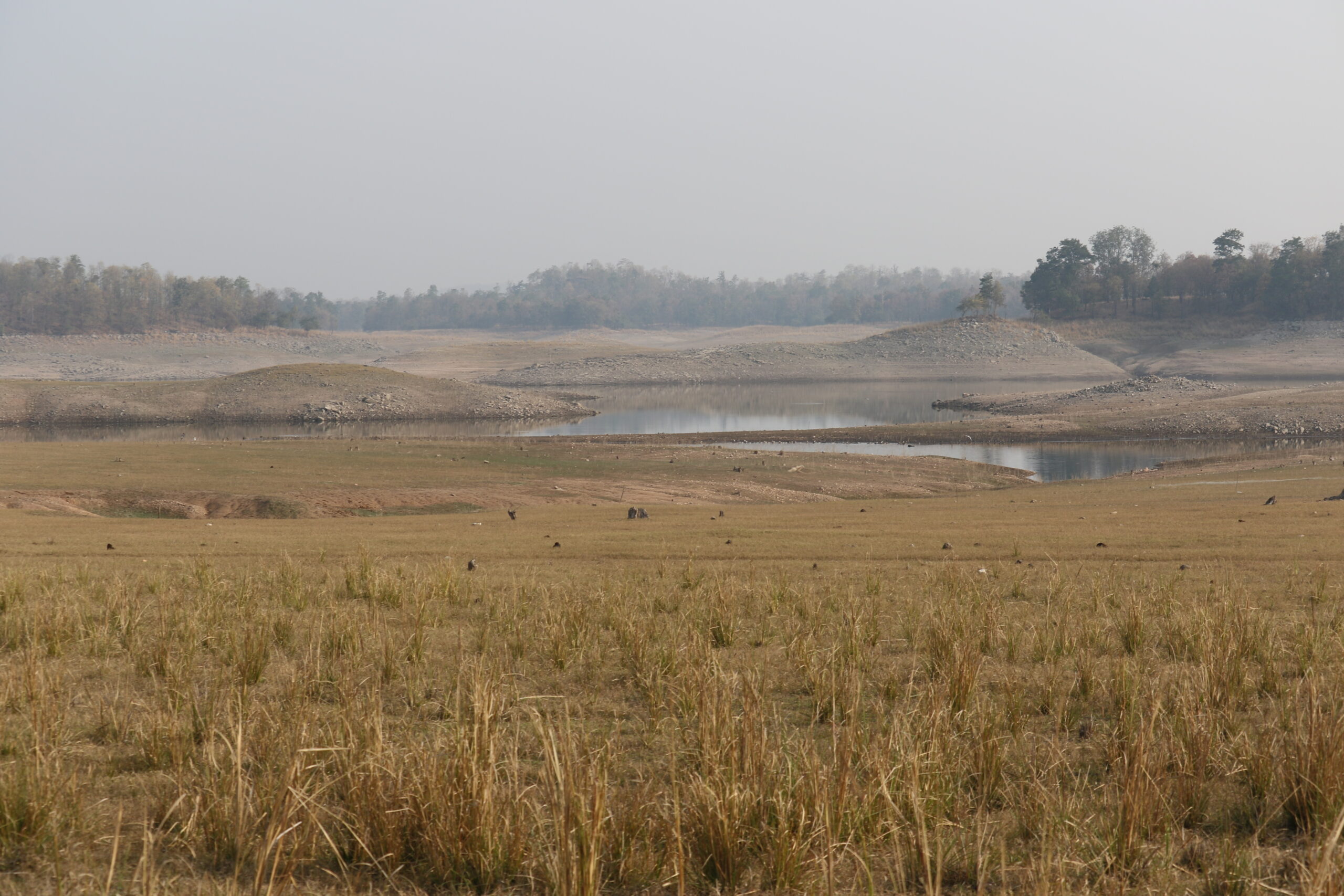Earth Day: Eight states in eastern India highly vulnerable to climate change

Bihar, Assam & Jharkhand home to 60 pc of the districts falling in category of ‘highly vulnerable districts’ (MIG photos)
A recent report, jointly prepared by Indian Institutes of Technology Mandi and Guwahati, as well as the Bengaluru-based Indian Institute of Science (IISc) says that in 2019 and 2020, eight states namely, Jharkhand, Mizoram, Odisha, Chhattisgarh, Assam, Bihar, Arunachal Pradesh and West Bengal are highly vulnerable to climate change.
The report, Climate vulnerability assessment for adaptation planning in India using a common Framework was commissioned by the Department of Science and Technology of the Government of India and identifies the most vulnerable states and districts in India with respect to current climate risk and key drivers of vulnerability. It was part of a capacity building programme under the National Mission on Sustaining the Himalayan Ecosystem and National Mission on Strategic Knowledge for Climate Change.
Among highly vulnerable states, all towards the eastern flank of India, Bihar, Assam and Jharkhand are home to 60 pc of the districts that fall in the category of ‘highly vulnerable districts’.
Assam, even though it has a forest cover of 42 pc, lack of forest area per 100 rural people was deemed as the reason of vulnerability; while poor health infrastructure followed by lack of rural employment and dearth of women participation in the workforce were seen as the major drivers of vulnerability in Bihar. Different key factors including the lack of crop insurance and rain-fed agriculture affected vulnerability in Jharkhand. The major problem with Odisha, which took the next spot, was the prevalence of marginal and small operational landholdings.
“These states are vulnerable because they haven’t been given adequate support, in terms of health, employment and other factors that have been mentioned in the report. The people there have to fall back on natural resources and forests for their livelihood thus reducing the forest covers and making these areas prone to climate change,” Rekha Lalla, programme manager with the Climate Reality Project India, an organisation which works to provide climate education and empower communities to take climate actions, tells Media India Group.
The report says that Himachal Pradesh, Sikkim, Telangana and Punjab were in the mid-vulnerable category while Uttarakhand, Haryana, Tamil Nadu, Kerala, Nagaland, Goa and Maharashtra were least vulnerable to climate change.
“Climate change is happening in all states, but many of them like Tamil Nadu, Kerala are able to take measures to control it with the help of proper infrastructure and government support, while these areas like the north eastern states are being neglected,” adds Lalla.
While releasing the report, Akhilesh Gupta head of the Department of Science and Technology’s Climate Change Programme said assessing vulnerability was the first step towards assessing climate risk and highlighted the need for such studies. He also emphasised the importance of taking account of other factors like hazard and exposure to arrive at a proper conclusion.
“The only way we can tackle these environmental issues is if we have adequate knowledge and awareness, especially about which regions are suffering the most and the reasons, which makes such studies very important,” says Lalla.
A total of 94 representatives from 24 states and two Union Territories participated in this nation-wide exercise by the Department of Science and Technology (DST), a nodal department for organising, coordinating and promoting Science and technology activities in India and the Swiss Agency for Development & Cooperation (SDC).
Corinne Demenge, head of Swiss Cooperation Office, Embassy of Switzerland in India, hoped that the assessments will contribute to the development of more targeted climate change projects and that they will support the implementation and the potential revisions of the state action plans on climate change.









